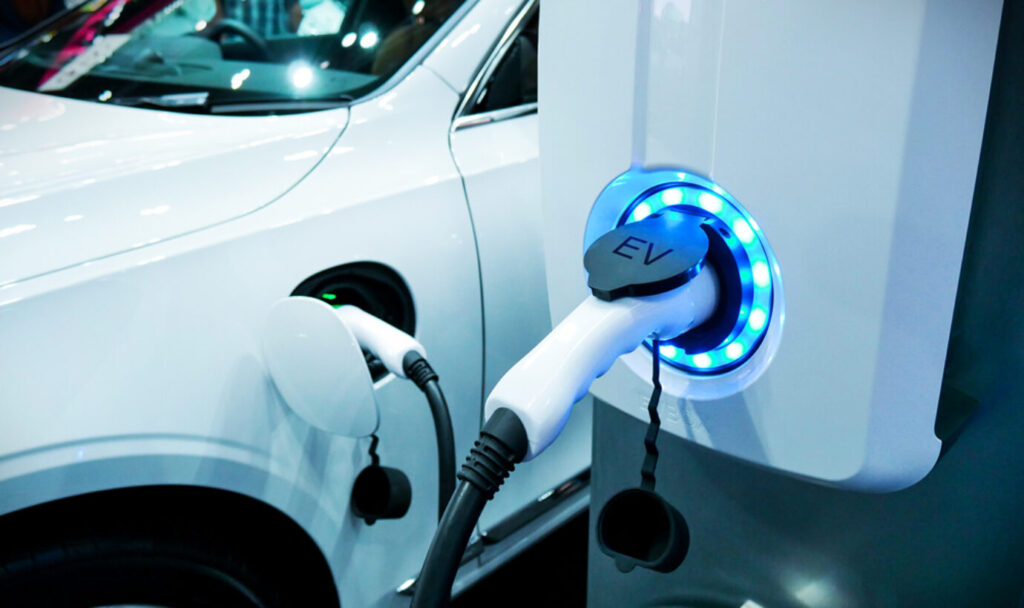
The Policy Monitoring and Research Centre (PMRC) has urged Chinese investors to establish electric vehicle (EV) manufacturing plants in Zambia, highlighting the country’s abundant critical minerals essential for the industry.
Speaking at the Association of Chinese Corporations in Zambia (ACCZ) Economic and Trade Symposium held last week, PMRC’s acting head of monitoring and evaluation, Esther Nyemba, noted that China accounts for 58 percent of global EV production, making Zambia an attractive location for investment.
“Cabinet approval of open access and net metering regulations enables industries and households to supply electricity to the national grid.
This regulatory framework creates a favorable environment for investors in energy generation, ensuring a ready market for their investments,” Ms. Nyemba stated.
She emphasized that the Zambian government has initiated public-private partnerships (PPPs) to expedite investment across all sectors, attracting both local and international investors.
“These partnerships leverage private sector expertise and resources, fostering sustainable economic growth and infrastructure development.”
Zambia is rich in critical minerals vital for EV battery production, including manganese, lithium, and copper.
Additionally, the country has partnered with the Democratic Republic of Congo to enhance mineral resource management and strengthen the value chain for battery precursors and electric car batteries.
Investment opportunities also exist in electricity generation, transmission, and storage, particularly in solar, wind, and hydroelectric power.
Despite the potential to generate 2,300 MW of solar energy and 3,000 MW of wind energy, Zambia has only installed 76 MW of solar capacity and lacks any wind power to date.
Ms. Nyemba pointed out that Zambia plays a crucial role within the Southern African Power Pool (SAPP), which has an installed capacity of approximately 50,020 MW, consuming around 50,000 MW annually across member countries.
The projected increase in regional electricity consumption presents opportunities for Zambia to export surplus energy, enhancing regional energy security and strengthening economic ties within the SADC region.
In the information and communications technology (ICT) sector, Ms. Nyemba highlighted significant growth potential.
“This growth presents substantial opportunities for Chinese investors to enhance Zambia’s telecommunications infrastructure, expand mobile and internet connectivity, and deploy advanced technologies to support digital transformation initiatives.”
She concluded by noting that the government has made significant strides to promote investment across various sectors.
The enactment of the Energy Policy Act of 2019 has paved the way for an open access regime, making the power sector more responsive to market needs.
SOURCE:copperbeltkatangamining.com





